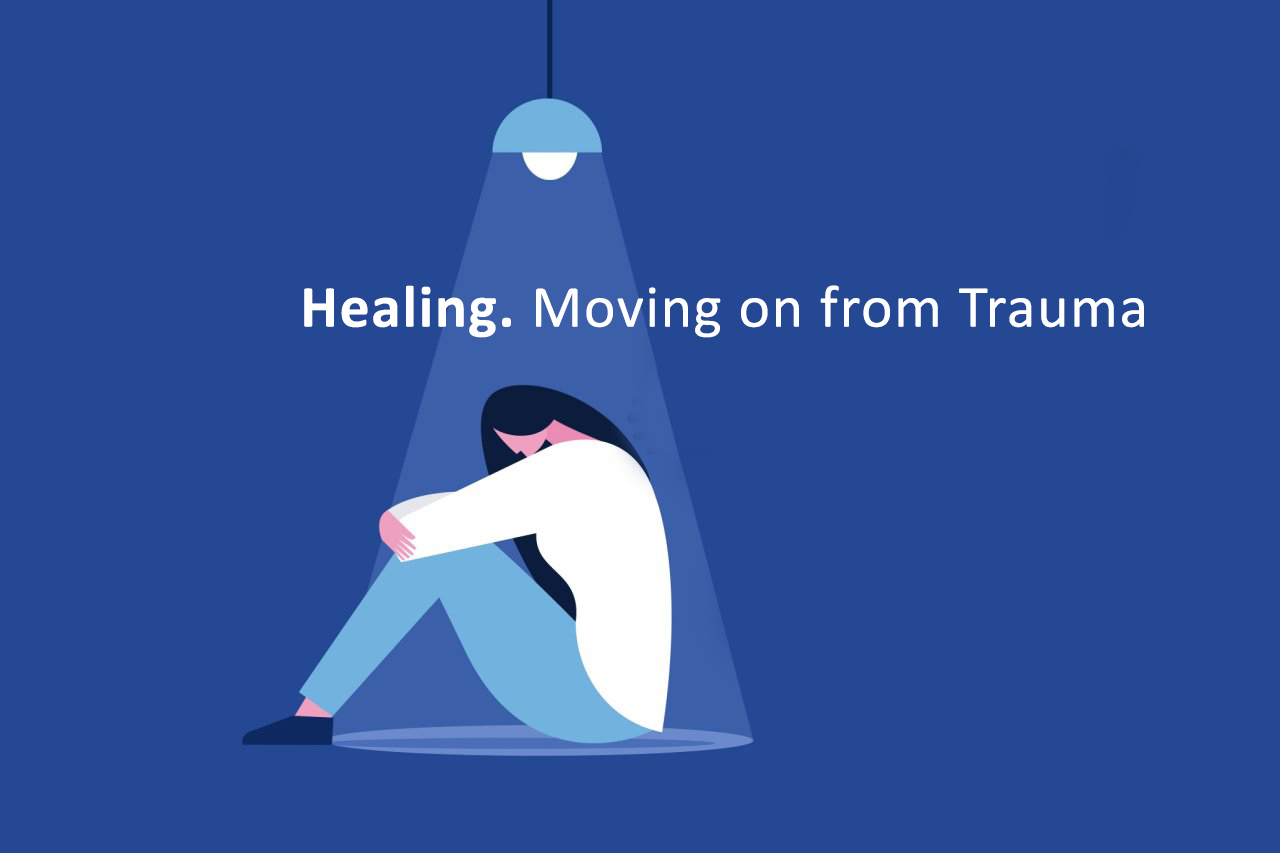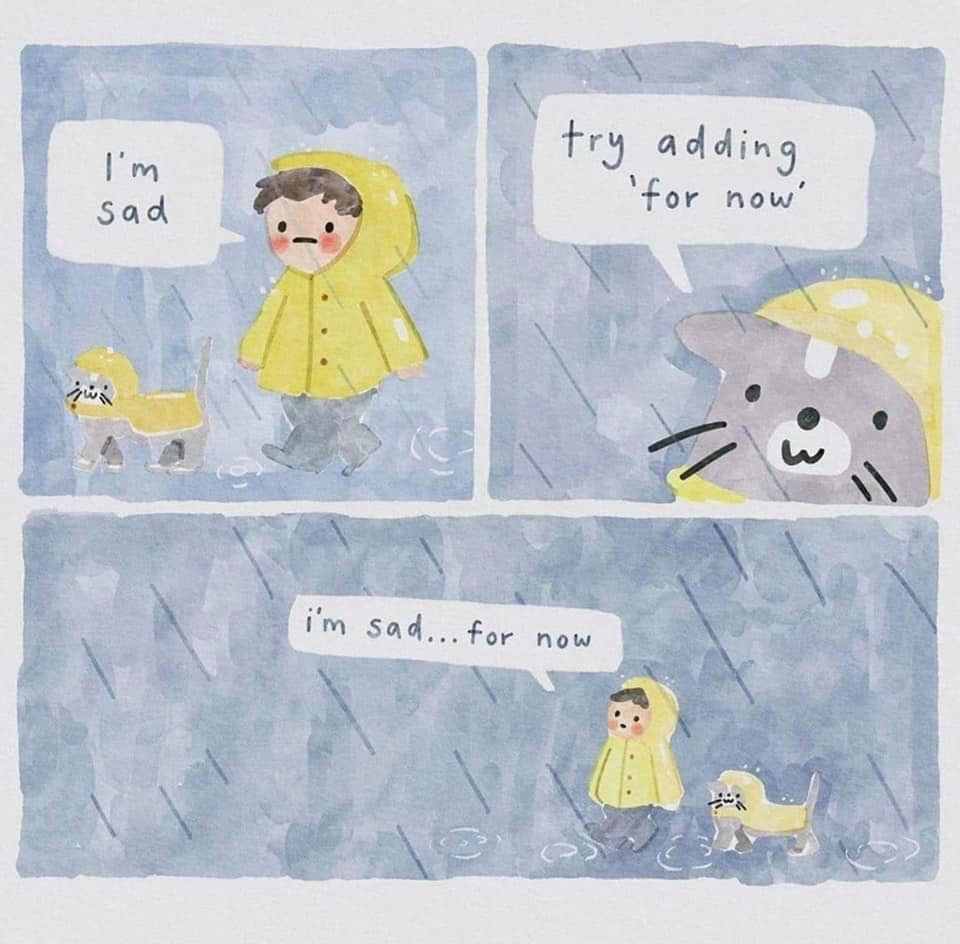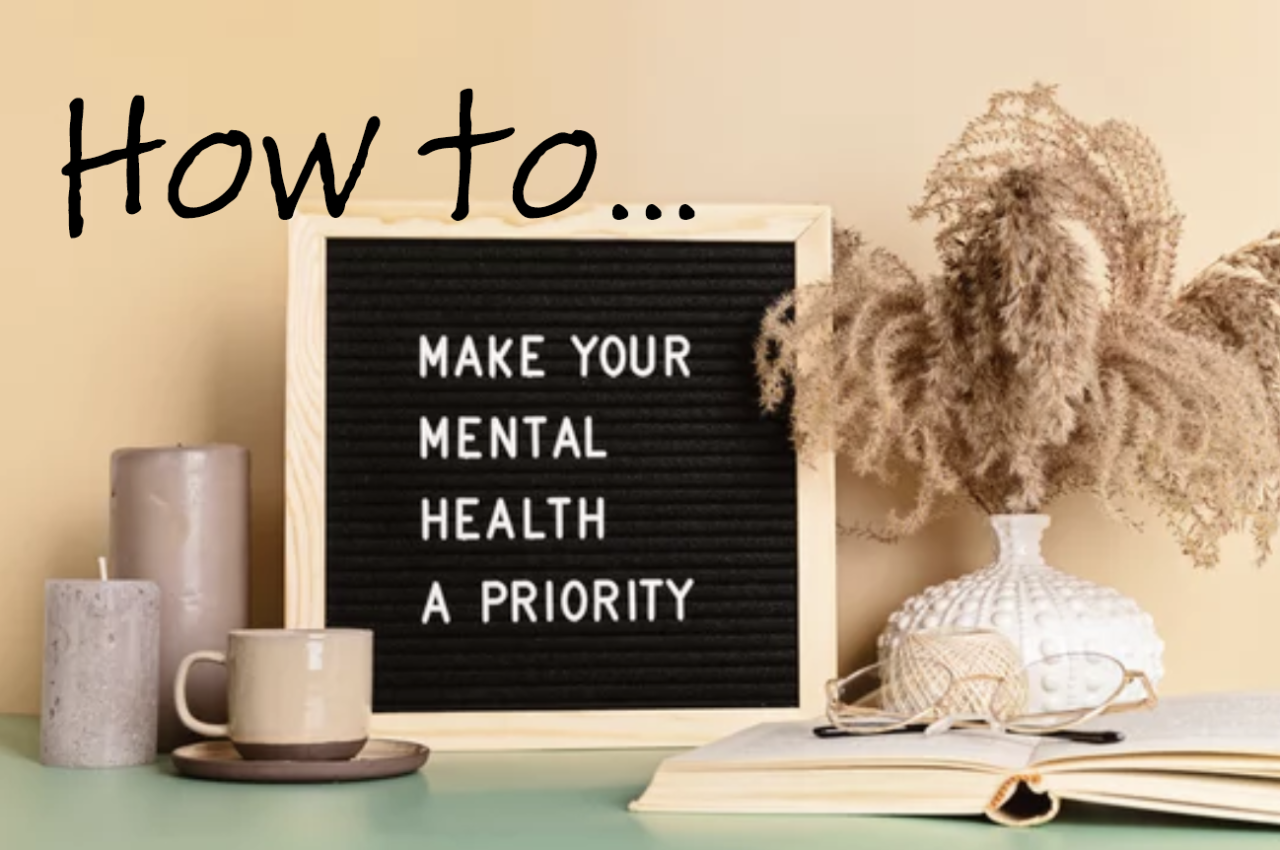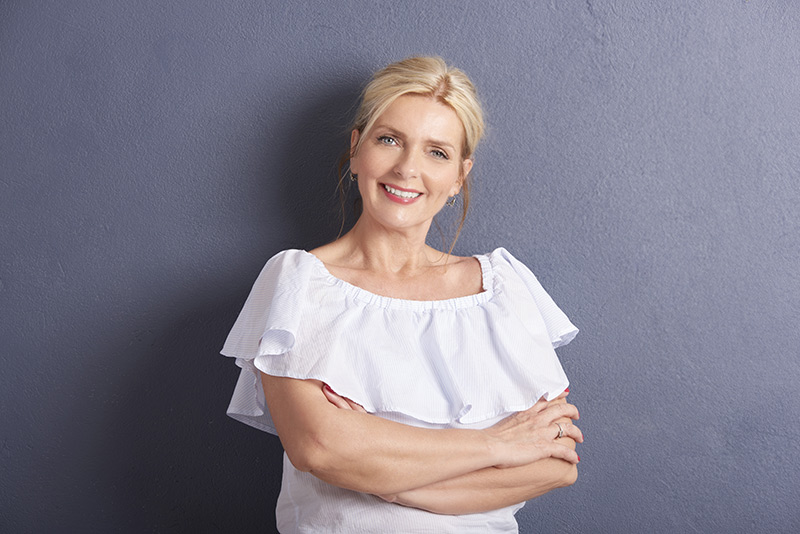Living with chronic pain can be challenging and significantly impact your quality of life.
Chronic pain is defined as persistent or recurring pain that lasts for an extended period, typically beyond the expected time for healing, which is often around three to six months. It can result from various underlying conditions, such as arthritis, fibromyalgia, nerve damage, or injuries.
Be informed, get help:
- Consult a healthcare professional to diagnose and treat the underlying cause of your pain.
- Work with your healthcare team to develop a comprehensive pain management plan.
- Explore medications or treatments that can help alleviate pain, such as pain relievers, physical therapy, or nerve blocks.
- Seek counseling or therapy to address any emotional or psychological aspects of living with pain.
Lifestyle Changes:
- Maintain a healthy diet and manage your weight, as excess weight can exacerbate pain.
- Engage in regular exercise, as it can improve strength, flexibility, and reduce pain.
- Prioritize good sleep hygiene to ensure quality rest, which is crucial for pain management.
Stress Management:
Chronic pain can be exacerbated by stress, so consider relaxation techniques like deep breathing, meditation, or yoga. Seek counseling or therapy to address any emotional or psychological aspects of living with pain.
Keep a pain journal to track your symptoms, pain levels, and potential triggers. This can help you and your healthcare team identify patterns and make necessary adjustments to your treatment plan.
Support Network:
Lean on family and friends for emotional support and understanding. Consider joining support groups or connecting with others who share similar experiences.
Mind-Body Techniques:
Mindfulness and meditation practices can help you cope with pain by increasing your tolerance and awareness. Learning to accept that chronic pain is a part of your life and making necessary adjustments can reduce psychological distress.
Remember that chronic pain management is highly individualized. What works for one person may not work for another, and it may take time to find the most effective strategies. Patience and perseverance are also crucial as you work toward improving your quality of life while living with chronic pain.
Help:
We are currently running an online support group to help those living with Chronic Pain:
Therapeutic Interventions for the Treatment of Living with Chronic Pain – Online Support Group










